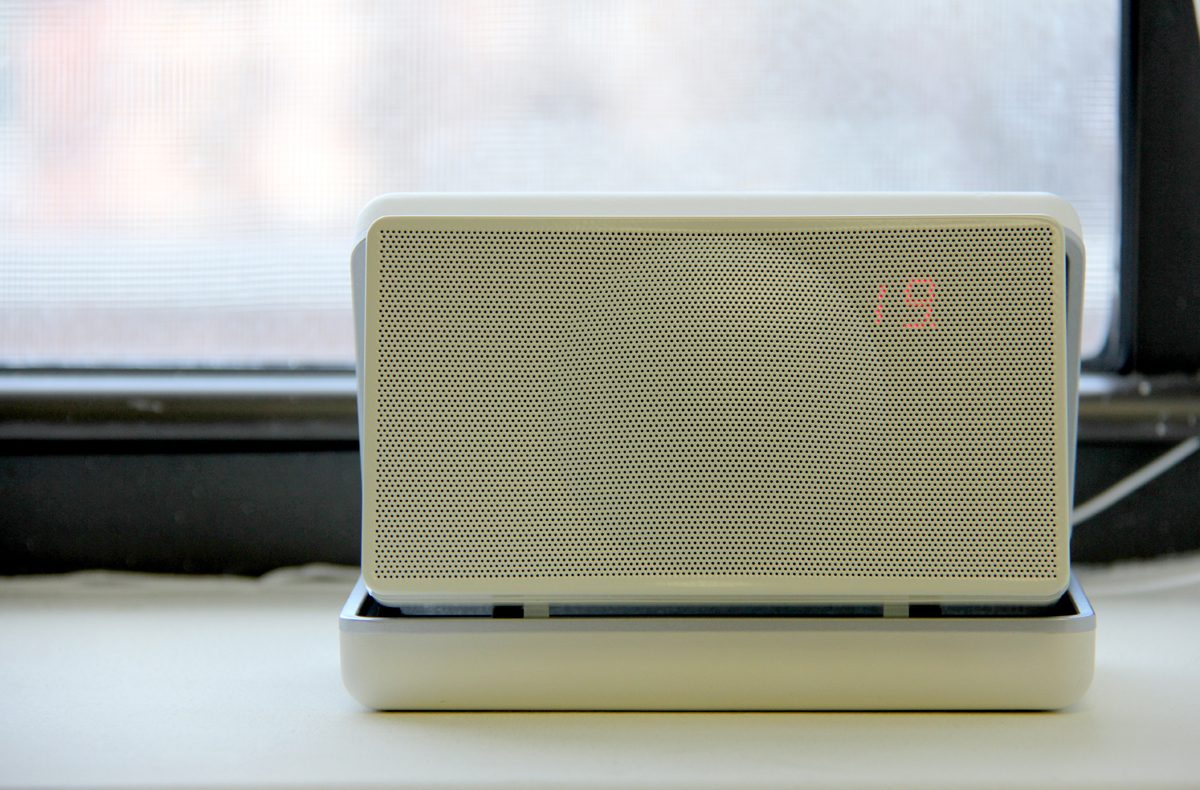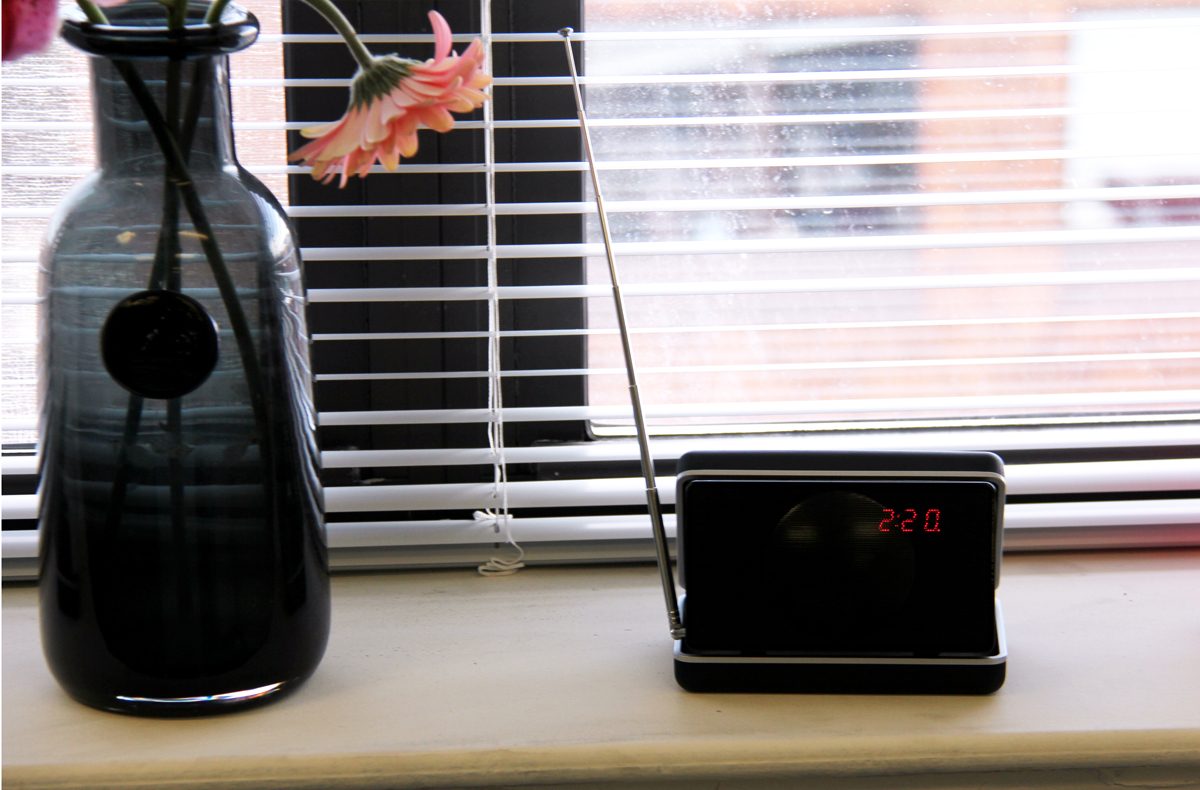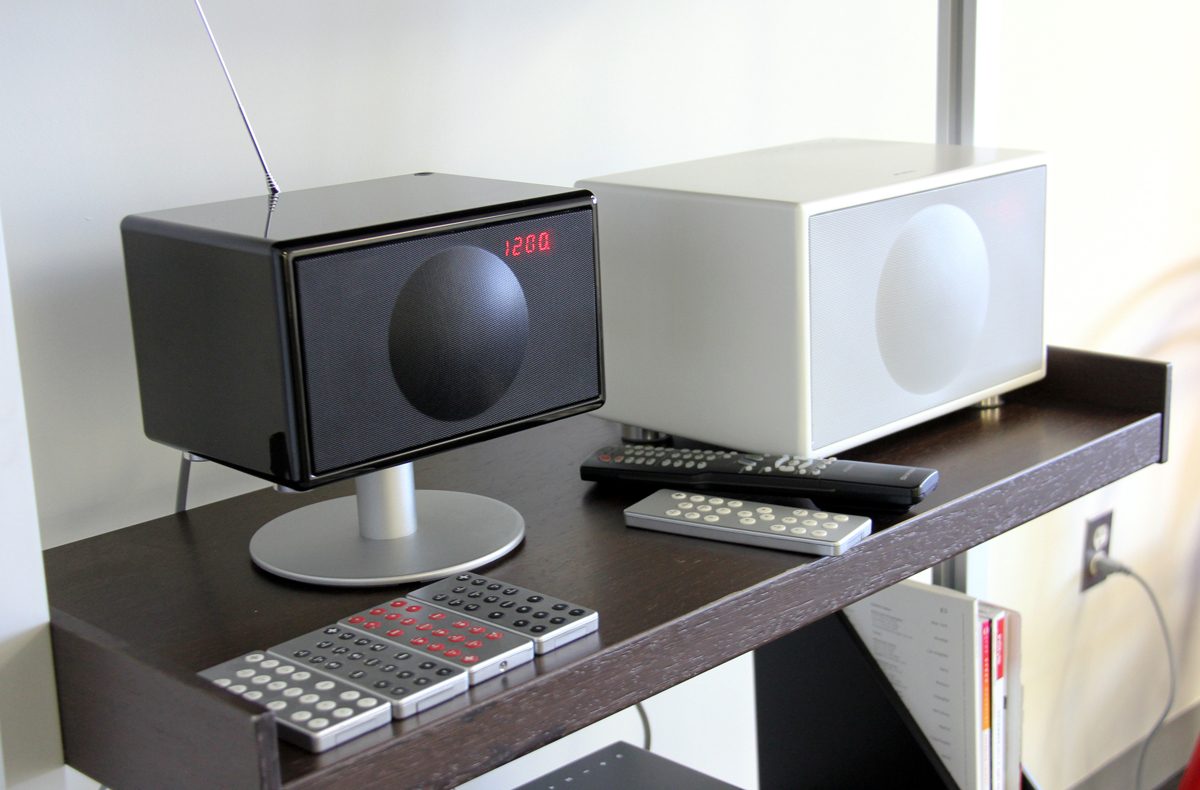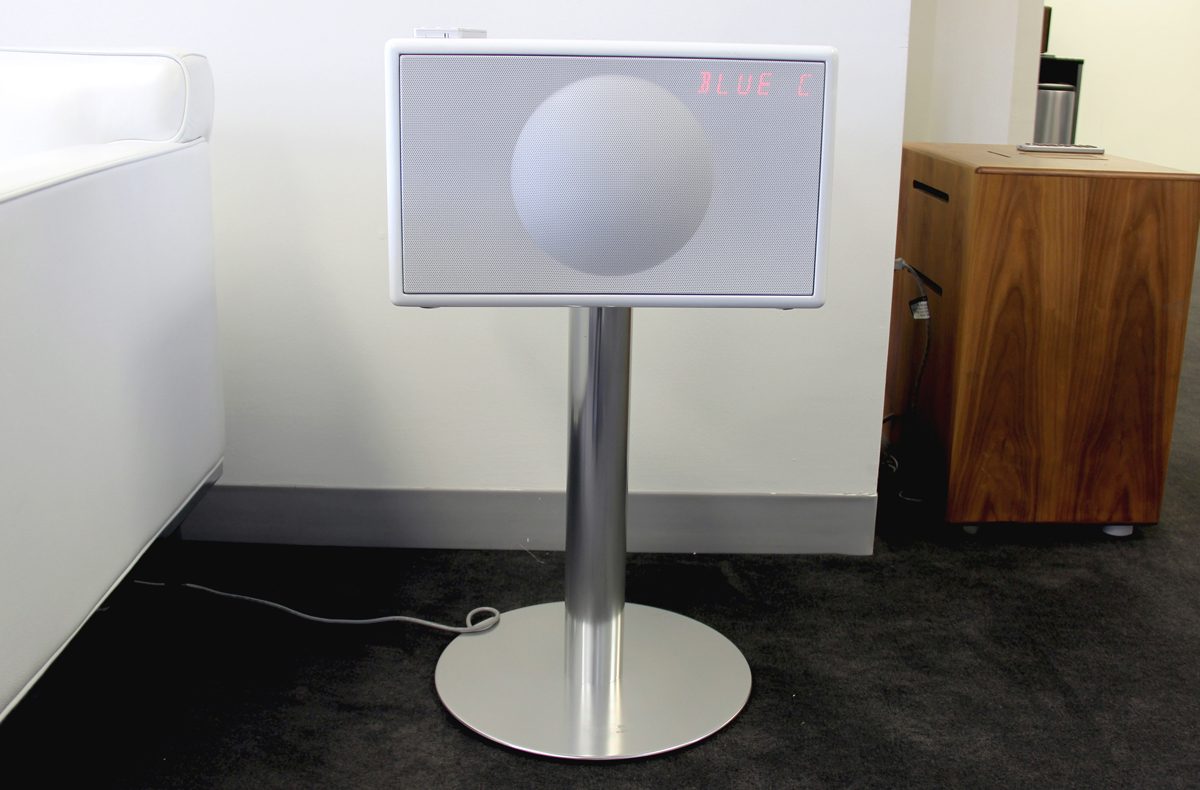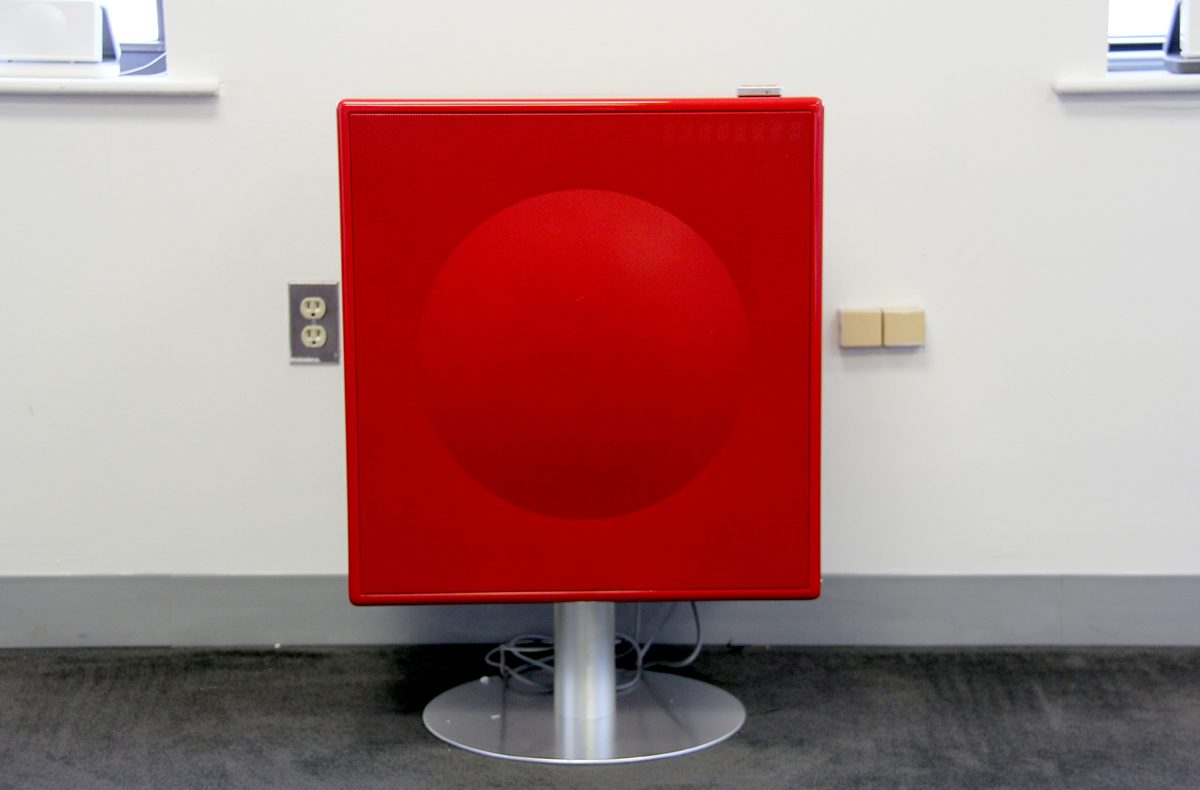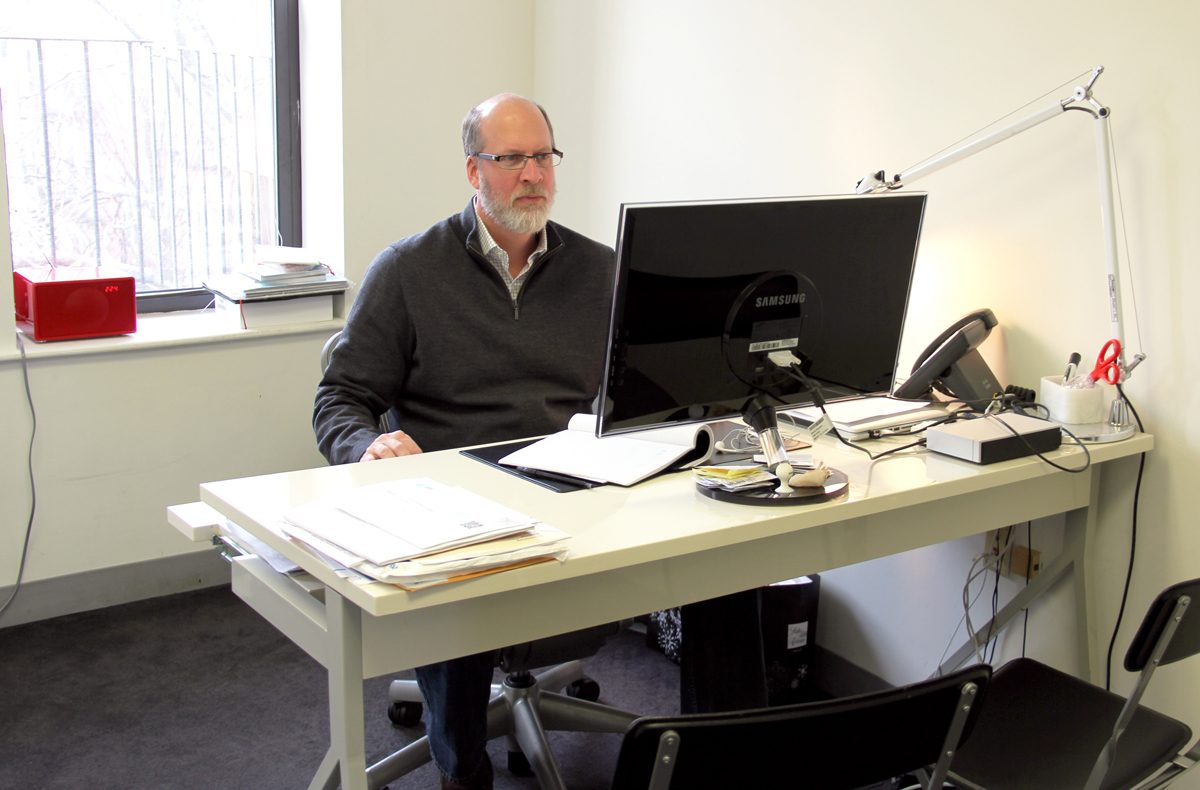A Five-Point Crash Course for Picking Your Next Home Audio System
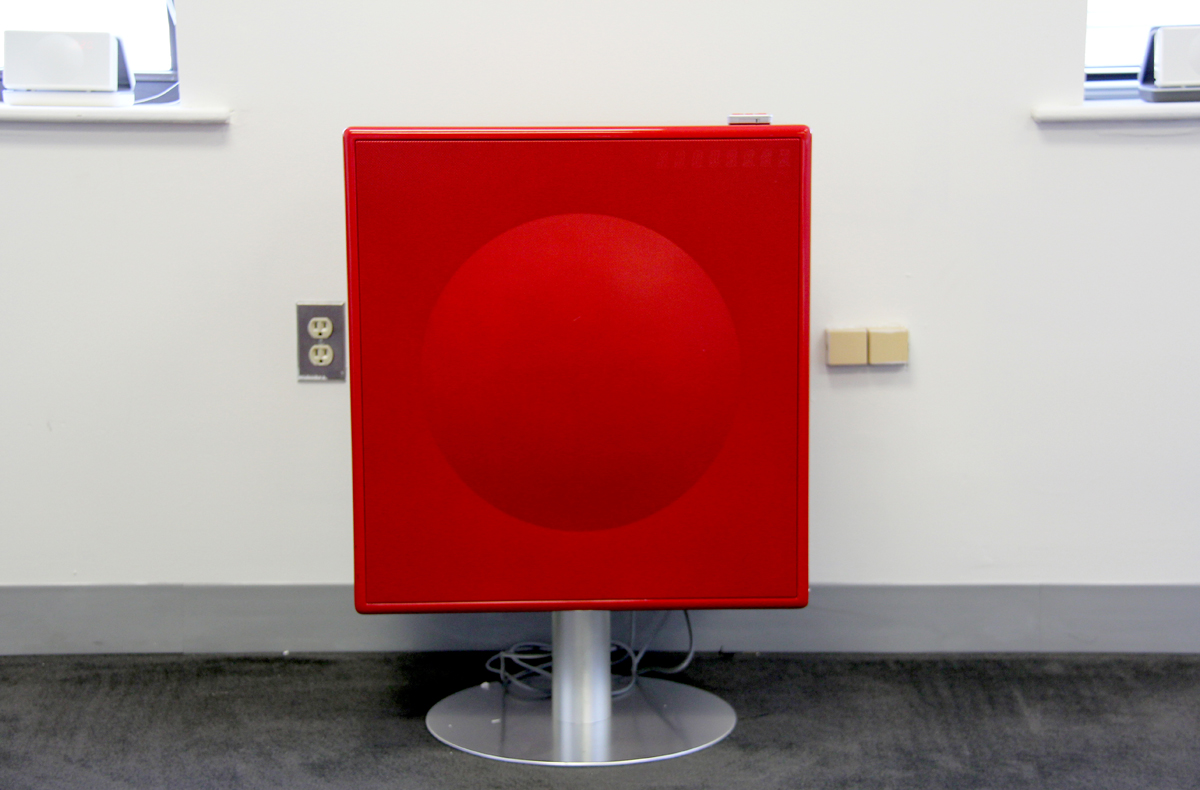
The Model XL Sound System from Geneva Lab.
Whether you’re a die-hard music fan or just a casual listener, no home is complete without song. Thankfully, there are hundreds of brands, tons of styles and sizes, and a seemingly endless array of options. Unfortunately, with so many options, it can be difficult to decide what truly makes a sound system worth your while.
To help us sift through the noise, we caught up with Chuck Vath, managing director of Geneva Lab USA, the Swiss-based home electronics company with its U.S. headquarters in Boston. Vath talks with us about sustainability, Switzerland, and the five things to look for when choosing your next sound system:
1. You get what you pay for. Even if the price tag isn’t music to your ears, it can be worth it pay for higher-quality electronics. “We’re very concerned with the construction of the cabinets, and we use the very best electronics and speakers in our systems,” says Vath. “Geneva Lab products are more expensive than some of the other products out there, but you’re getting a much higher quality.”
2. Size really does matter. As Vath explains, bigger systems will produce more bass and lower frequencies, while smaller speakers are much better suited for small apartments, kitchens, and the office. There are also even smaller, portable systems that are perfect for listening to music on the go.
3. Look for wood, not plastic or flimsy materials. “We use real wood, and lacquer that is hand-applied and hand-polished, so furniture retailers look at our systems and tell us that they look like fine furniture,” says Vath. The benefit of using wood is two-fold: it sounds better, and it’s intended to last for years.
4. Go energy efficient. Industry people like to call them “sustainable audio electronics,” but what we’re really talking about is considering energy efficiency and eco-friendliness. Geneva Lab uses efficient digital amplifiers in their products, which require a lower amount of current than traditional amplifiers. Plus: As Vath explains, “so many of the electronic products that we all buy, we think of as disposable. People buy a cheap plastic dock or camera, and when it’s out of fashion, they throw it away. Our systems are built and designed to last for many years.”
5. Last but certainly not least, consider the size of your room. Until recently, the electronics industry would sell consumers one thing in many different boxes. But today, companies like Geneva Lab are taking all of those components and putting them into a stylish, space friendly, “all-in-one” home audio system. That means that if you live in a small place, you can use one system to get quality sound for your TV, movies, and music.
Geneva Lab Sound Systems
